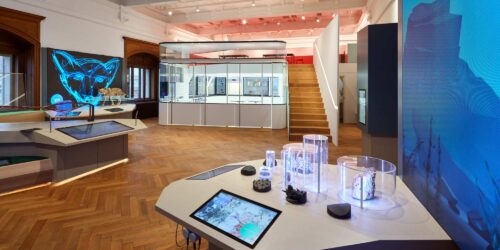
Projects
Projects
-
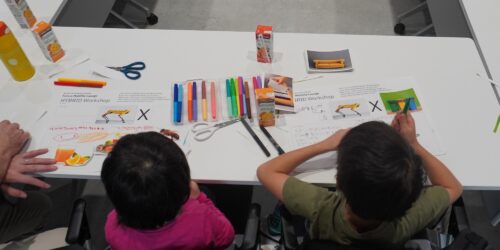
Future Mobility Lounge
Discovering Fresh Ideas with Robot Spot
The talk and workshop event Future Mobility Lounge in Yokohama, Japan, focused on future mobility and sustainability. Visitors from elementary school children to adults were invited to find inspiration with artistic and cultural input and conceptualize new mobility ideas involving Robot Spot.
-
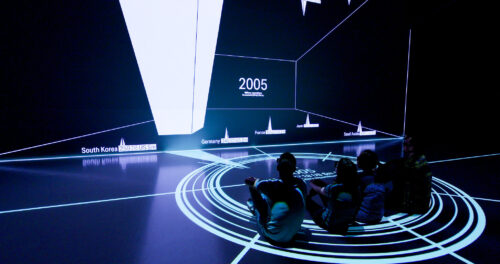
Dataspace
Global impacts of the Russian war on Ukraine
What is truth, what is the role of journalism, and how can art and journalism contribute in a meaningful way in the midst of seemingly endless crises? Dataspace is a project that proposes a form of “newspaper of the future,” showcasing data on the profound impact of Russia’s war on Ukraine in the Ars Electronica…
-
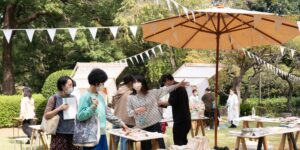
Circular Creativity
Matsudo International Science Art Festival 2022
The Matsudo International Science Art Festival is a yearly celebration that takes place in the beautiful city of Matsudo in Japan. In 2022, the theme of the festival was “Circular Creativity”, exploring how we can all respectfully coexist with nature and people of different backgrounds on our one and only planet, Earth.
-

WebExpression
Painting Our Hybrid Working World in Real-Time
A composition of strands, strings, and tones in an imaginary space makes up this vivid real-time painting to artistically interpret anonymized data of today’s hybrid working world.
-
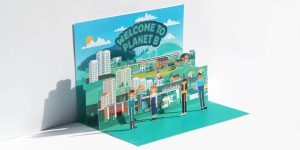
Welcome to Planet B
A Children’s Pop-Up Book About Climate Change
The Futurelab application Welcome to Planet B brings climate decisions to Deep Space 8K. To translate the project to a child-friendly format for 8- to 12-year-olds, a team at the lab created a matching interactive pop-up book. It is designed to get kids excited about climate protection and to marvel, grasp and understand – and,…
-
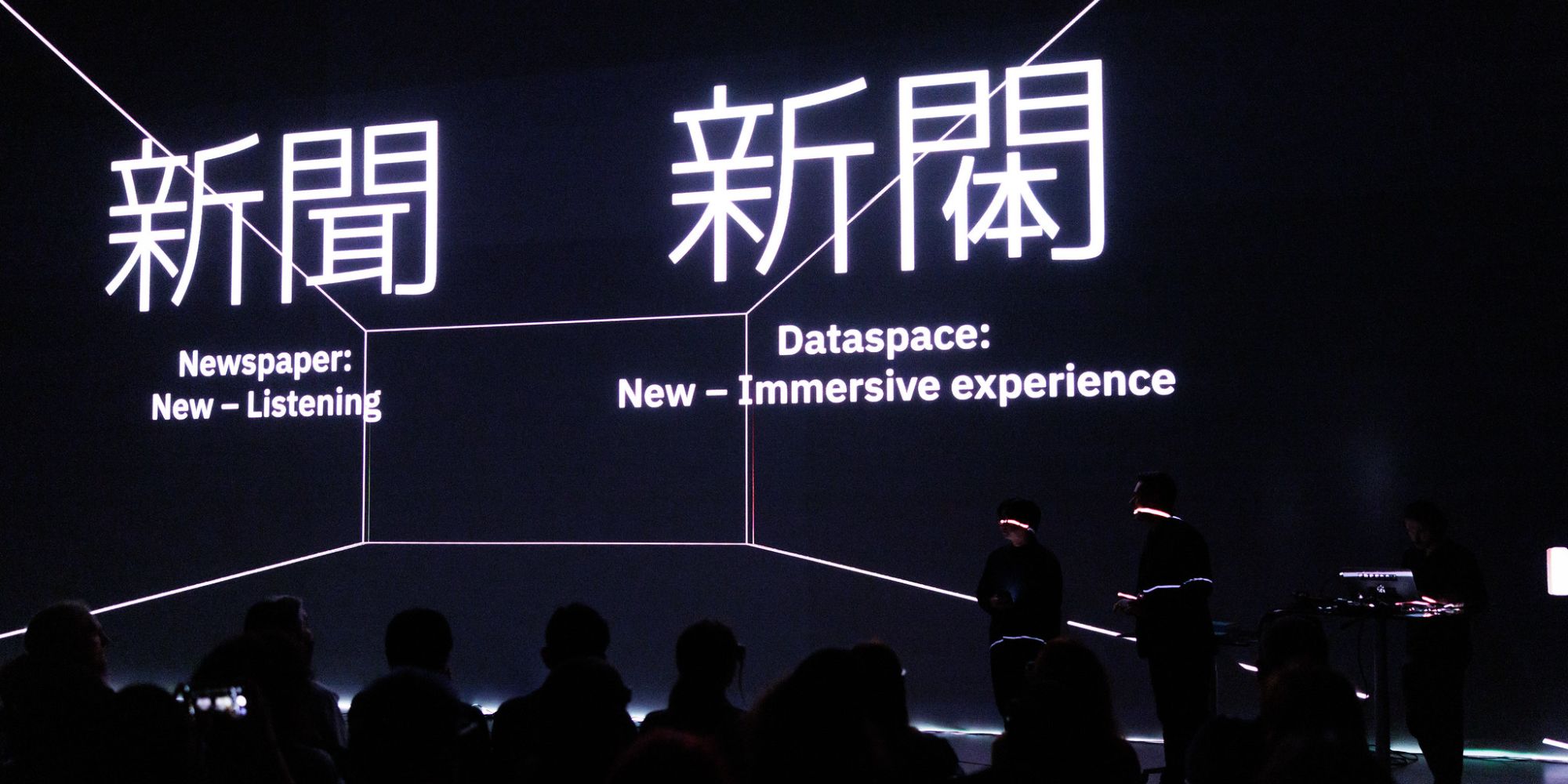
Artistic Journalism 2022
Online Course on Literacy for the Futures
Ars Electronica Futurelab and Keio University SFC have jointly established an online lecture named “Artistic Journalism” as a literacy for the futures, starting in 2020. Futurelab’s Artistic Director Hideaki Ogawa was invited to teach the experimental class from the Ars Electronica in Linz, Austria.
-
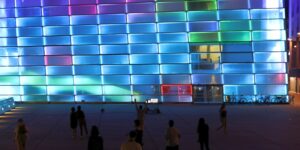
Northeastern University 2022
Ars Electronica Futurelab Academy
In July 2022, students from Northeastern University (Boston, USA) joined the Futurelab for the second time for a three-day interactive art workshop. It focused on creating experiences for the Ars Electronica media facade – the glowing, colorful centerpiece of the city and second skin of the Ars Electronica Center.
-
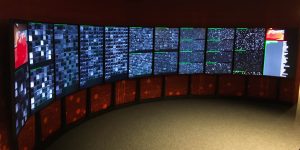
Mission KI
Hands-On Exhibits on Artificial Intelligence
In collaboration with the Ars Electronica Futurelab, the Deutsches Museum in Bonn has reinvented itself to become a central platform for the future topic of artificial intelligence: in two themed experience rooms, visitors to the Mission KI (Mission AI) exhibition can now explore the key technology of the 21st century.
-
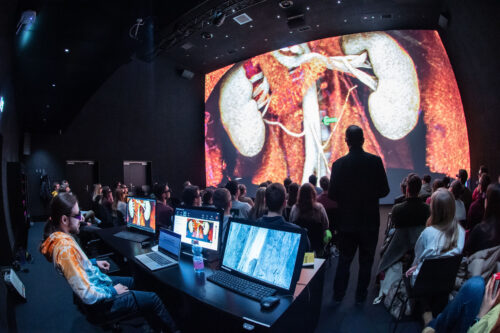
JKU medSPACE
Pioneering Venue for Anatomy Lectures
The JKU medSPACE is a completely new, worldwide unique venue for teaching anatomy, located at the Johannes Kepler University in Linz. Developed and implemented by the Ars Electronica Futurelab, the JKU medSPACE shows anatomy like never before, in quadruple stereoscopic 3D 8K projection at 14×7 meters: Lecturers and students dive into larger than life, photorealistic…
-

Virtual Crib
Historic Nativity Scene in Virtual Reality
More than a hundred years after its first exhibition, the nativity scene of the New Cathedral (Mariendom) in Linz was carefully restored. A team from the Ars Electronica Futurelab then scanned the figurines and landscapes using photogrammetry to create an audiovisual VR experience in stereoscopic 3D with a 360-degree perspective.

